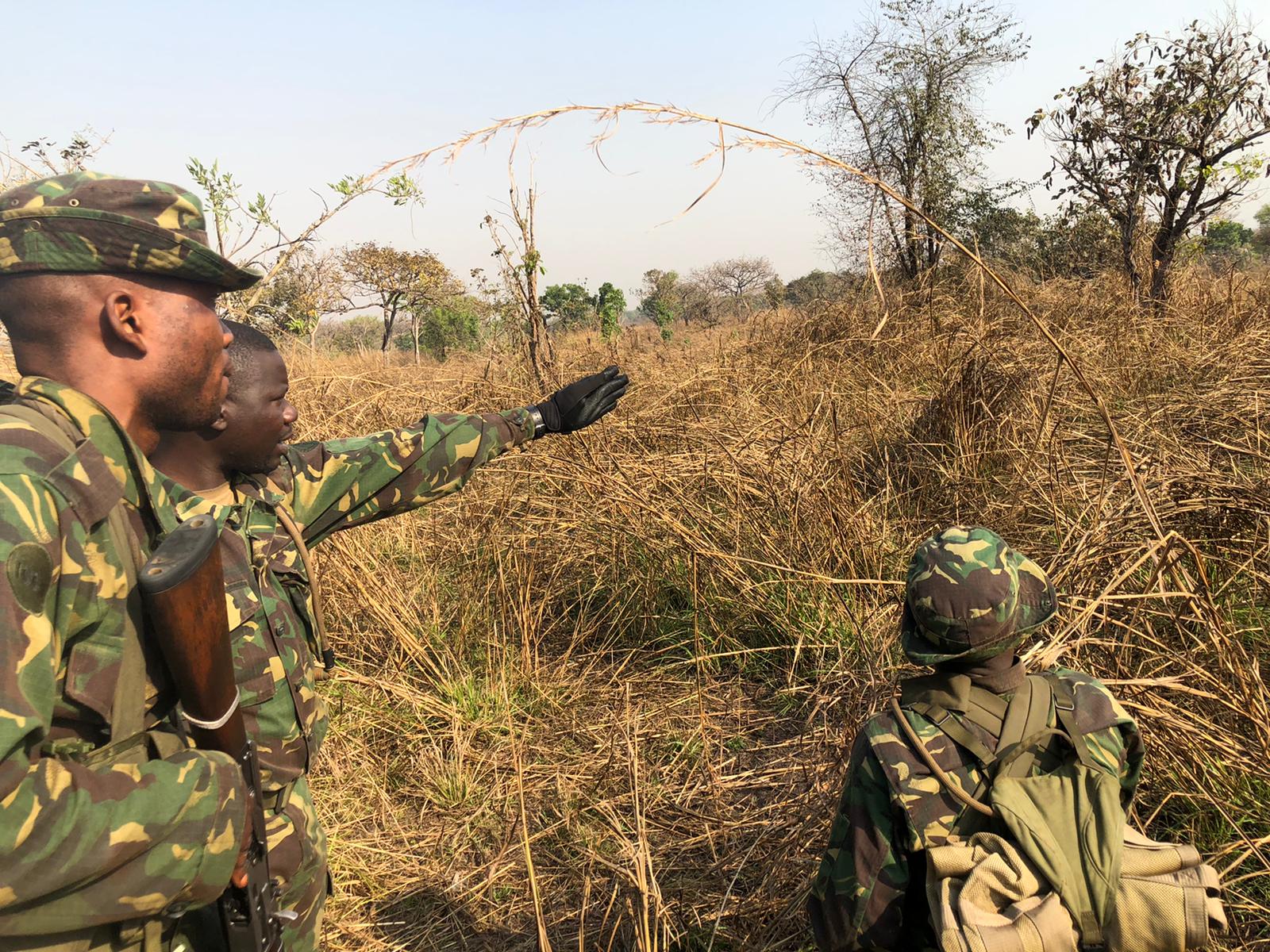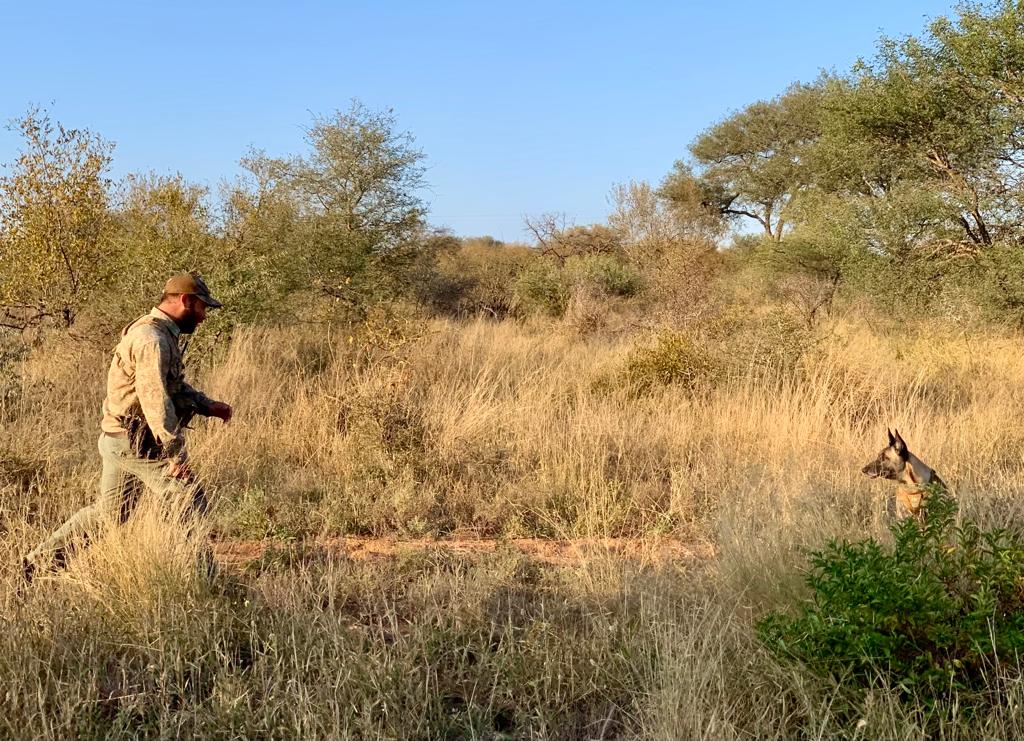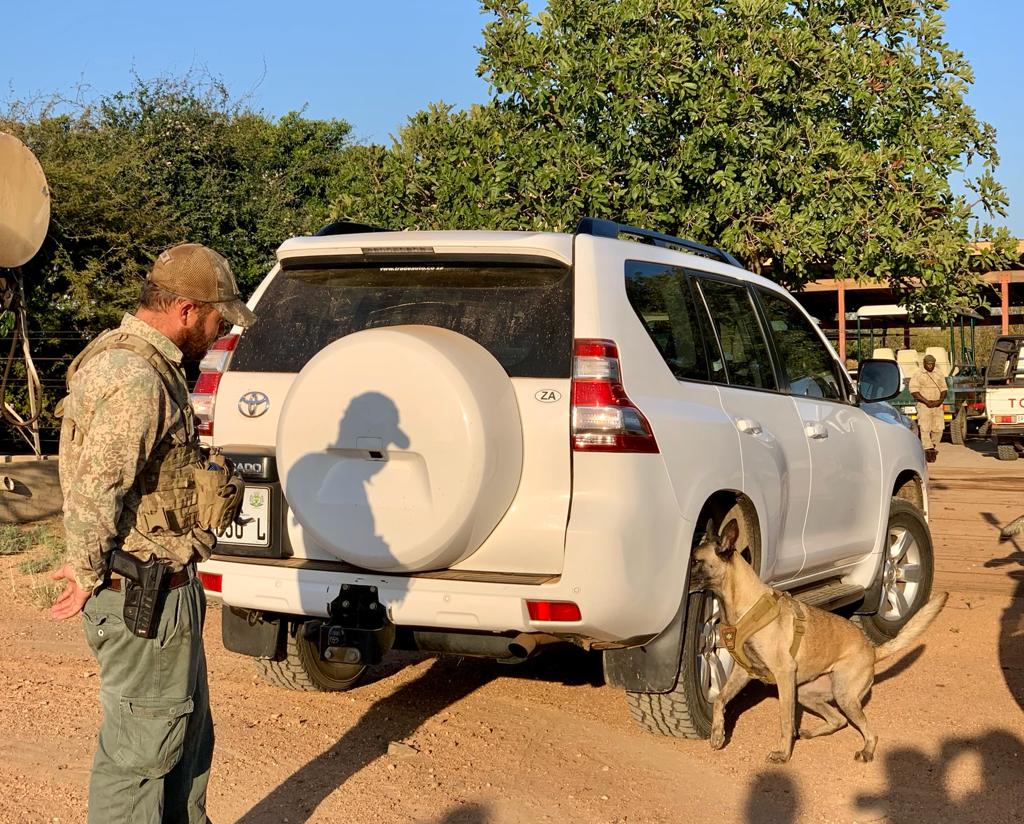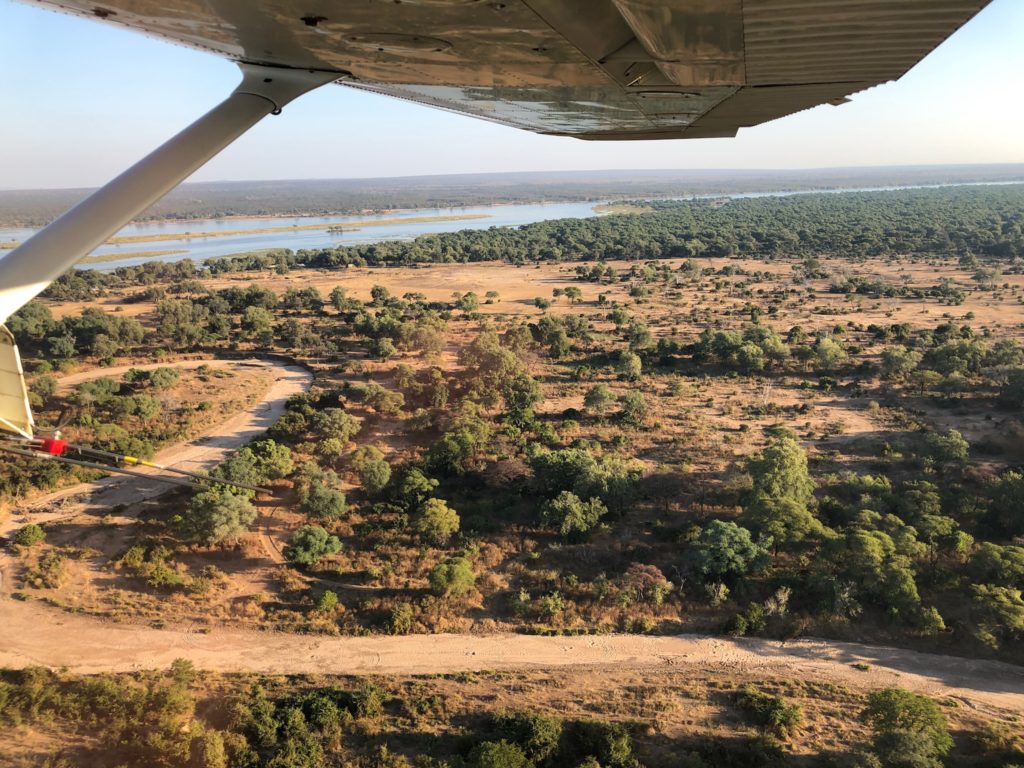close
What is Pelorus Foundation?
Our mission is to champion innovation and act as a catalyst, empowering individuals and local communities to preserve and protect the world’s wildlife and wild places for future generations.
Last year, in the midst of Covid-19, another epidemic was sweeping across Africa. A poaching epidemic. Stimulated by the global crisis and exacerbated by a lack of tourism funds, the pandemic was described by The Economist as a ‘gift to poachers’ as it emptied protected areas of tourists and cut the income of already poor villagers. Responding to a plea from our partners on the ground in Africa, Pelorus Foundation launched an appeal to help fund the urgent deployment of our project partners.
To tackle the magnitude of the problem, our partners, Frontier, joined forces with the Greater Kruger Environmental Protection Foundation [GKEPF] to combat wildlife crime within Africa’s Central Lowveld – a transfrontier zone extending across South Africa, Zimbabwe and Mozambique. Home to the continent’s largest population of wild, free roaming rhino in the world – heightened support in the area was critically needed. The area has been heavily targeted for rhino poaching in the past decade, with the rhino population in the Kruger National Park decreasing 75% in the past 12 years to a remaining 2,000. Through developing the essential components of an efficient counter poaching system, we worked collectively to turn the tide of wildlife crime, and mitigate the alarming threats inflicted upon field rangers.

“The training across the landscape was significantly more expansive because of the additional funds raised. The Pelorus Foundation donation was without doubt the catalyst for this process and GKEPF would like to express immense gratitude for the donation.”
Early on in the mission it was discovered that to be effective in the combatting of wildlife crime, it was critical for neighbouring reserves to cooperate and work seamlessly across reserve boundaries. With thanks to our donors, our project partners were able to bolster relations and build integration which resulted in a more unified anti-poaching force in the Greater Kruger. In terms of the impact the training had, last year GKEPF arrested over 30 suspects and recovered over 30 firearms, one only has to think of the alternative path this narrative could have taken. With over 100 Field Rangers losing their life each year, high quality training also ensures that those fighting wildlife crime on the front line not only save the animals they protect, but crucially – themselves. Our donors helped to strengthen the skillsets of Field Rangers, and provide vital air support to deter, detect and disrupt poaching throughout Kruger’s vital wilderness. In other words, a rather momentous impact.




DEPLOYMENT OF FUNDS
Effective deployment of air support.
Training rangers to use night vision equipment and compasses.
To find out more about how Pelorus Foundation helps in the fight against wildlife crime, please follow the link below.